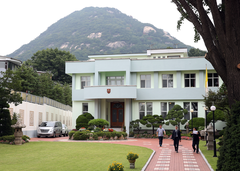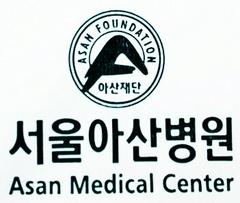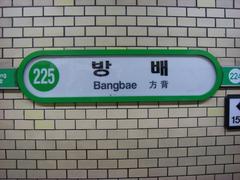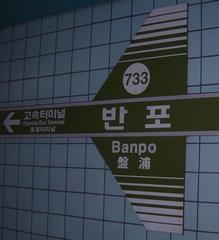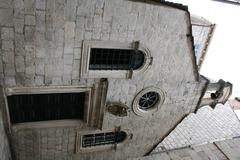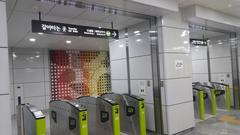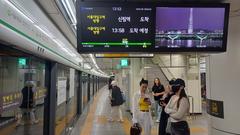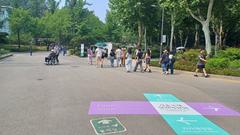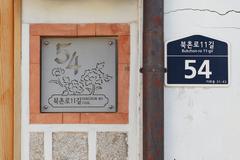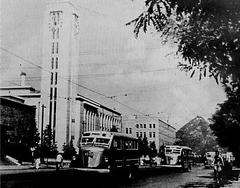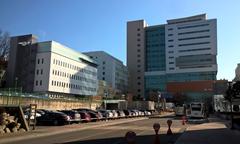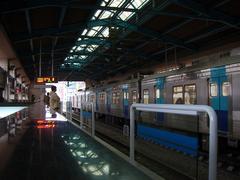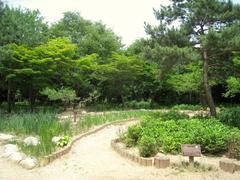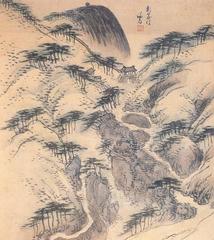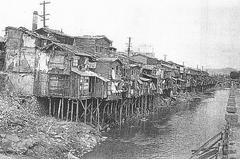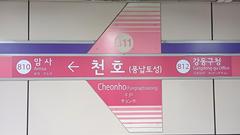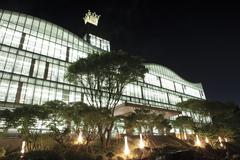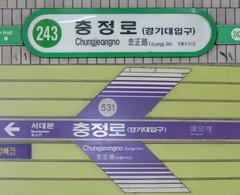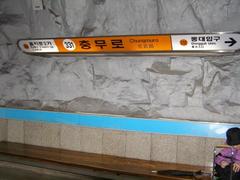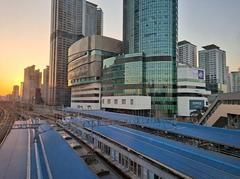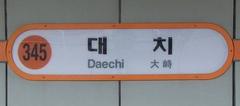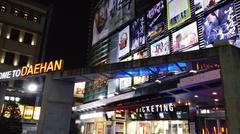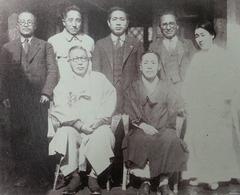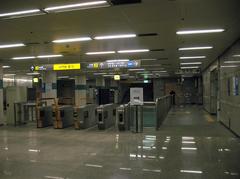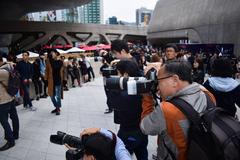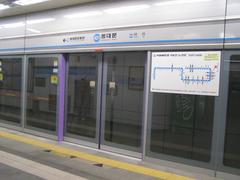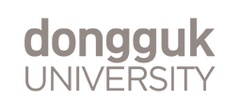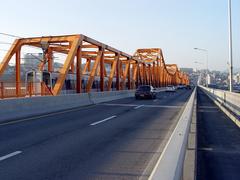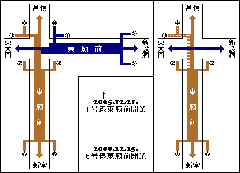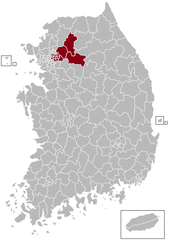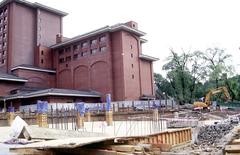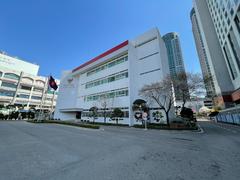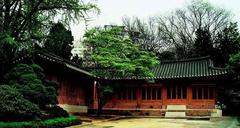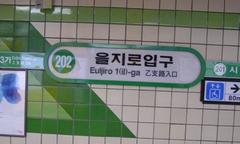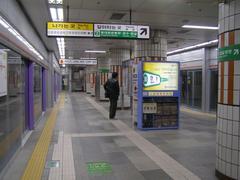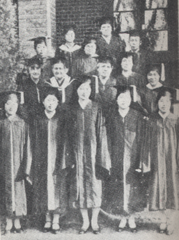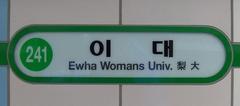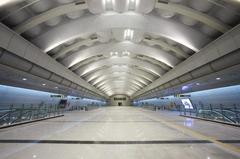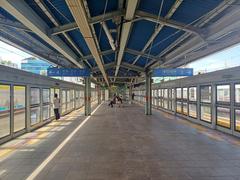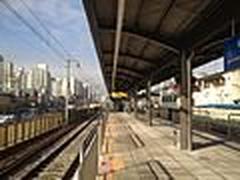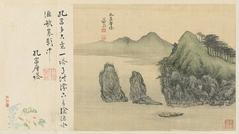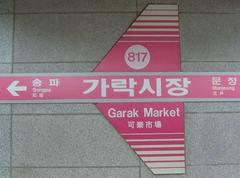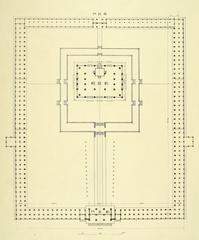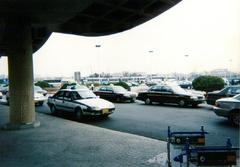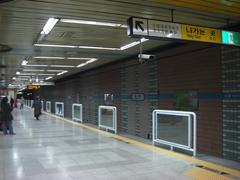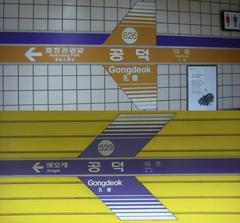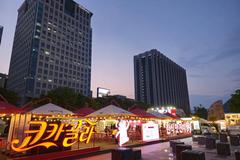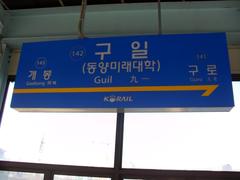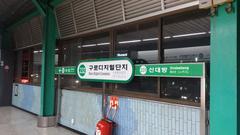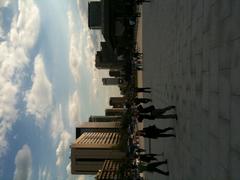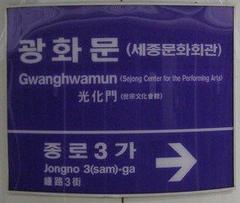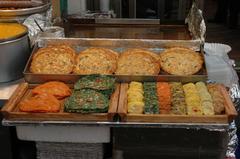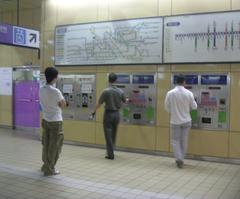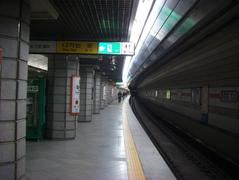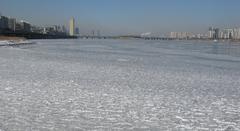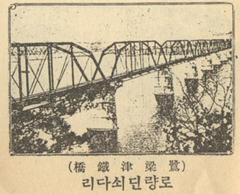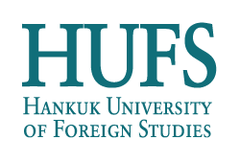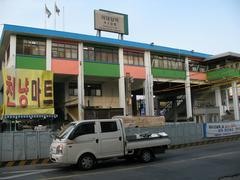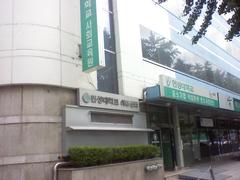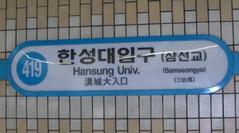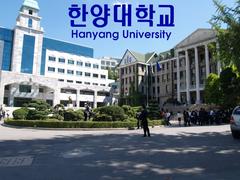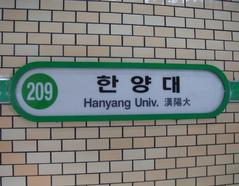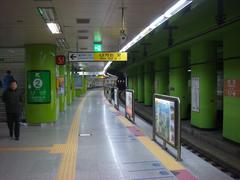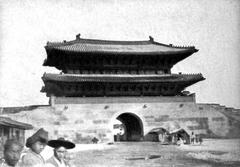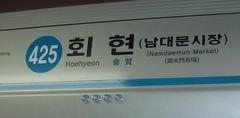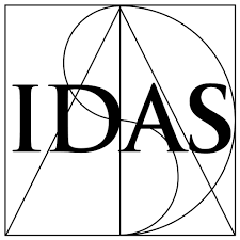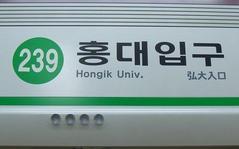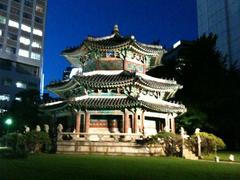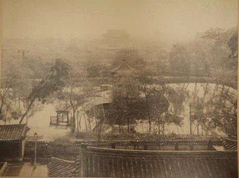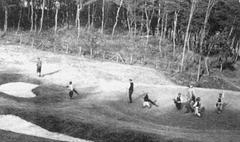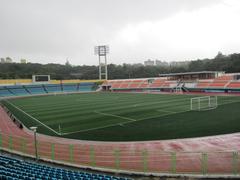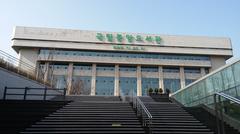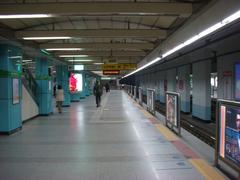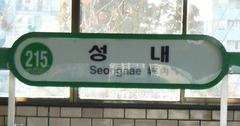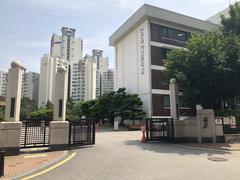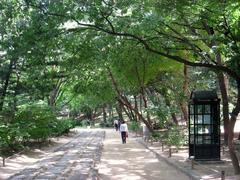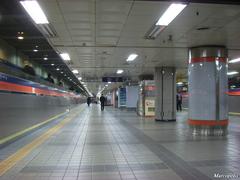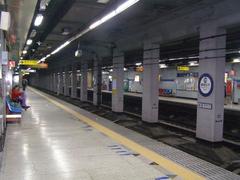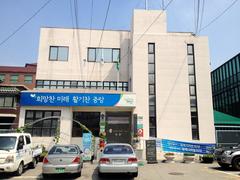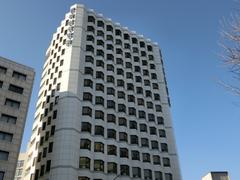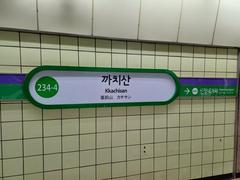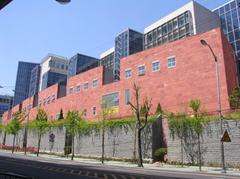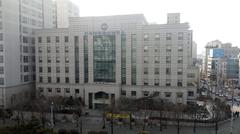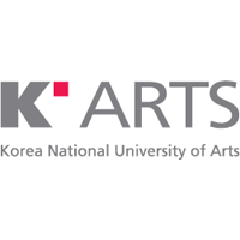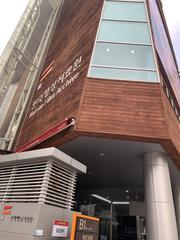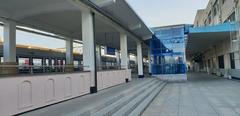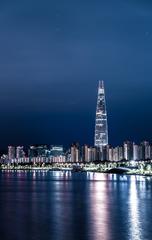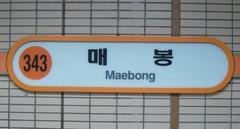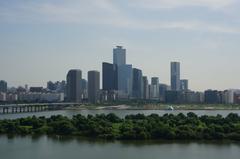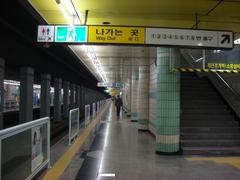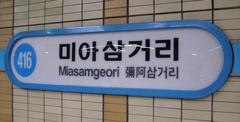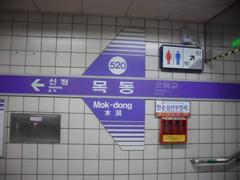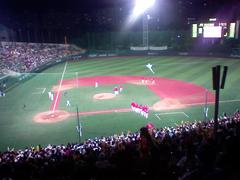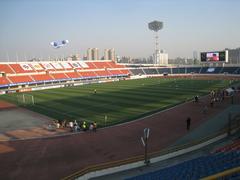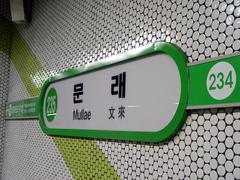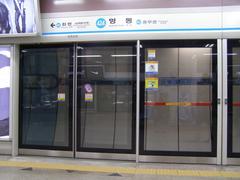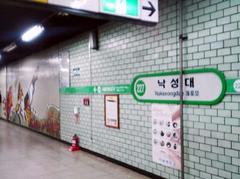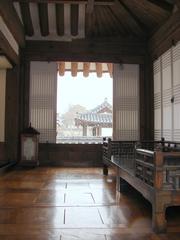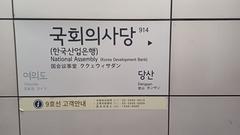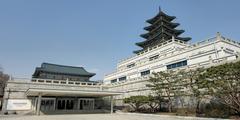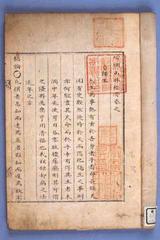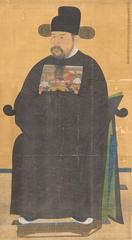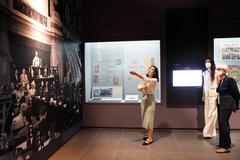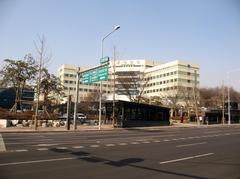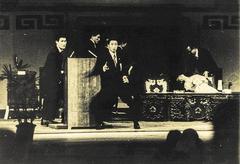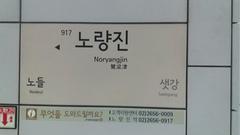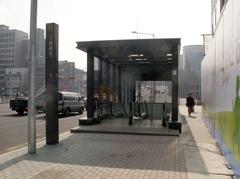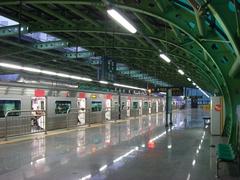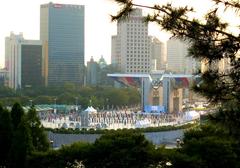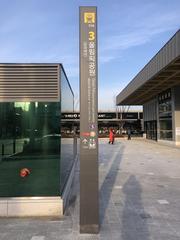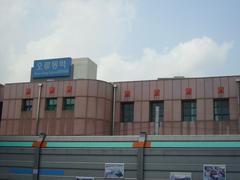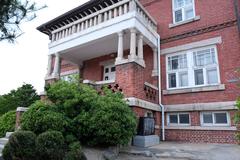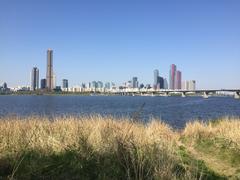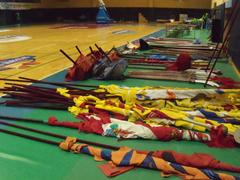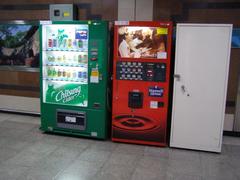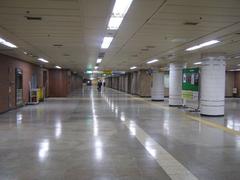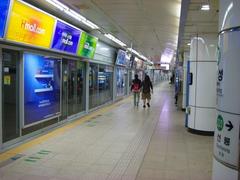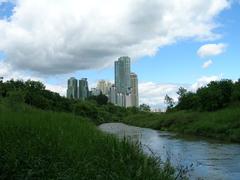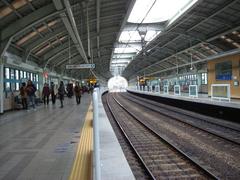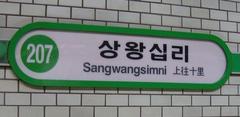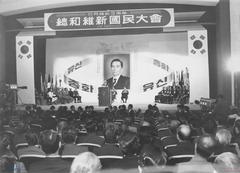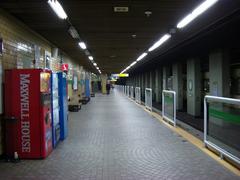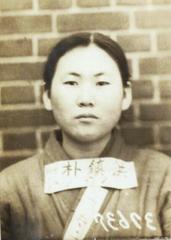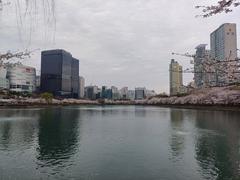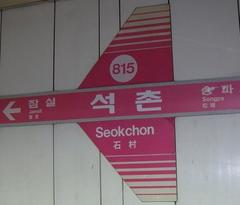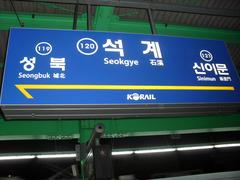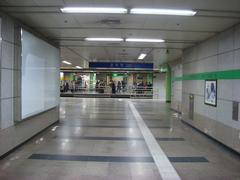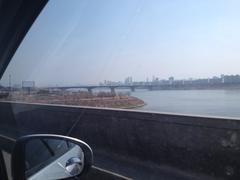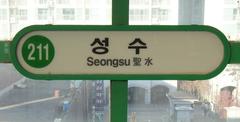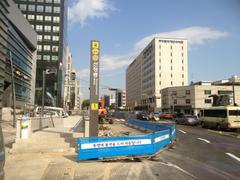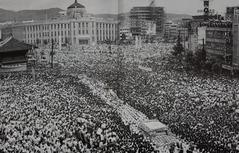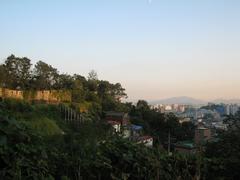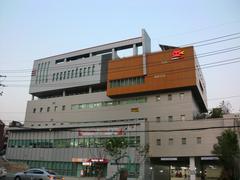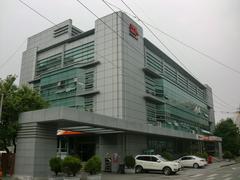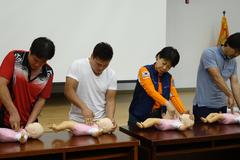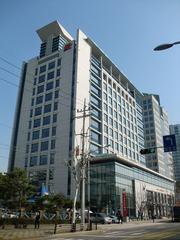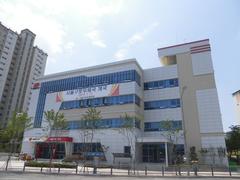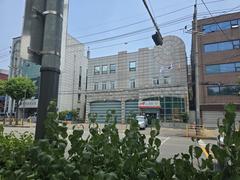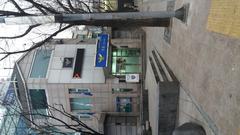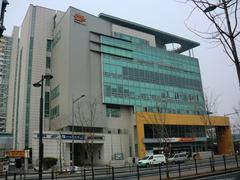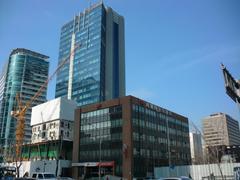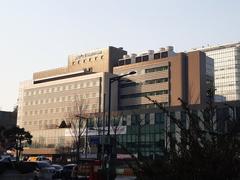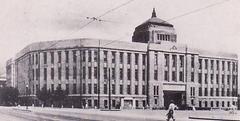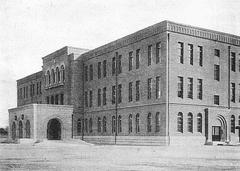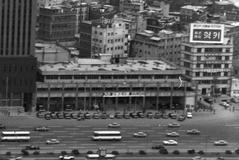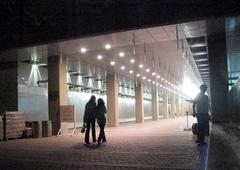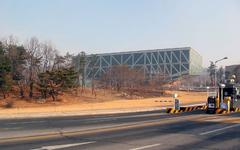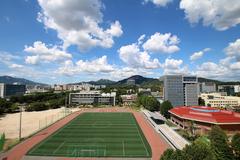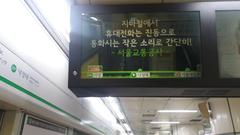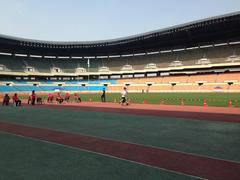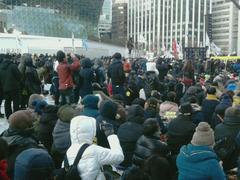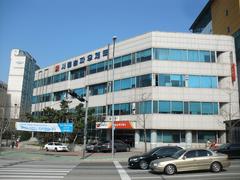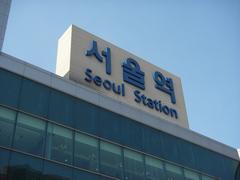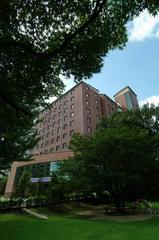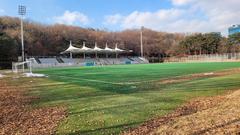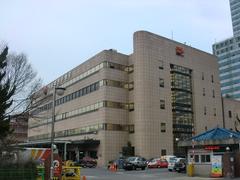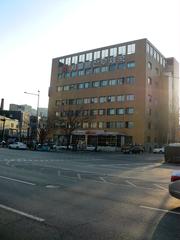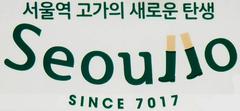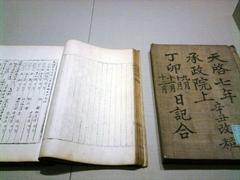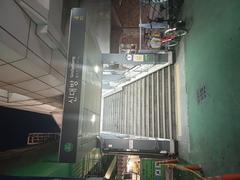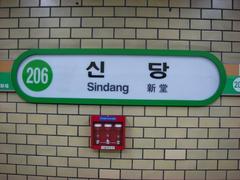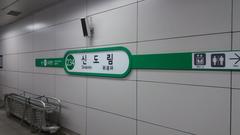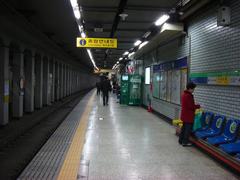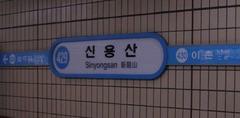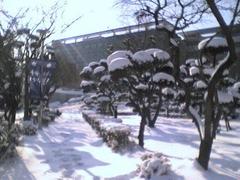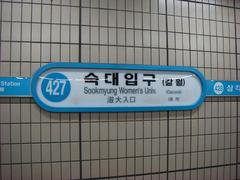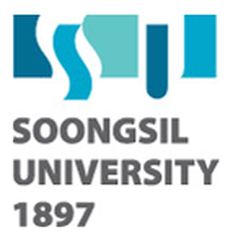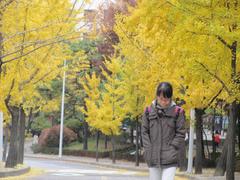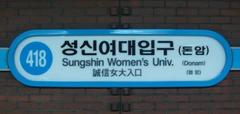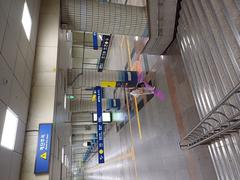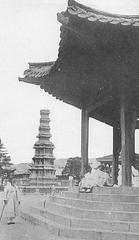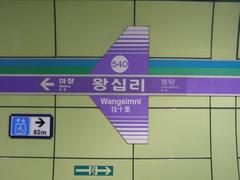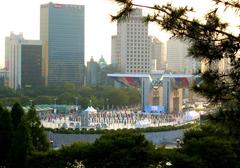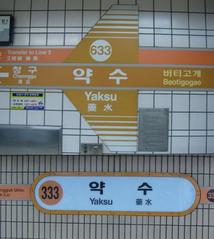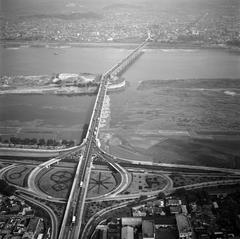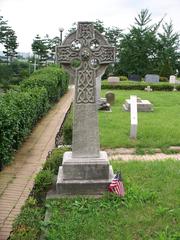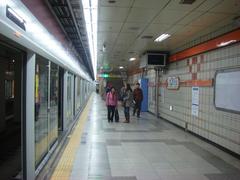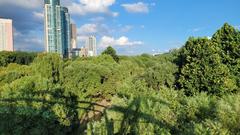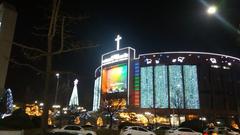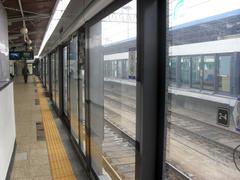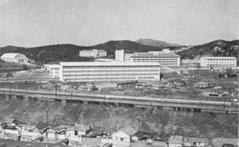Dongjak Public Library: The Ultimate Visitor’s Guide to Hours, Tickets, Facilities, and Seoul’s Cultural Life
Date: 14/06/2025
Introduction
Dongjak Public Library, located in the dynamic Dongjak District of Seoul, stands as a leading example of how modern public libraries can foster lifelong learning, social cohesion, and cultural exchange. Blending innovative architecture with traditional Korean aesthetics, the library is much more than just a collection of books—it is a hub for community, education, and resilience in the heart of Seoul. Whether you’re a local, a student, or a tourist eager to explore Seoul’s historical and cultural sites, this guide covers everything you need to know: visiting hours, admission, accessibility, travel tips, programs, and nearby attractions.
1. Historical Foundations and Cultural Significance
Dongjak Public Library was established during Seoul’s rapid urbanization in the late 20th century, reflecting the city’s commitment to building a “Culturally Connected & Culturally Ecstatic Seoul.” It was designed to provide accessible educational and cultural resources for all ages, including children, students, adults, and seniors (Seoul Metropolitan Library).
The library’s evolution—from a traditional book repository to a modern, barrier-free, digital-enabled space—demonstrates Seoul’s vision of integrating learning, culture, and social wellbeing into urban life. Special collections and exhibitions highlight the local history of Dongjak-gu and the broader heritage of Seoul.
2. Architectural Features and Facilities
Dongjak Public Library’s contemporary, multi-story building is thoughtfully designed for inclusivity. Key features include:
- Barrier-free access: Ramps, elevators, and wide corridors accommodate visitors with mobility needs.
- Reading and study spaces: Quiet reading rooms, a children’s library, teen zones, and reference rooms are available.
- Digital resources: Computer labs, free Wi-Fi, self-service kiosks, and a digital library with e-books and online journals.
- Special collections: Archives focused on Dongjak’s local culture, oral histories, and significant events.
- Community spaces: Multipurpose rooms and auditoriums host workshops, lectures, and cultural events.
- Amenities: Café, lounge, lockers, and accessible restrooms.
For visual inspiration, browse images and virtual tours on the official Dongjak Public Library website.
3. Visiting Hours and Admission
- Hours:
- Monday–Saturday: 9:00 AM – 9:00 PM
- Sunday/Public Holidays: 10:00 AM – 6:00 PM
- Extended hours may be available during extreme weather events (Maeil Business News).
- Admission: Free for all visitors. No tickets are required.
- Borrowing: Register for a library card onsite with valid ID (passport accepted for foreigners).
Always check the official site for the latest schedule, especially during holidays or special events.
4. Accessibility and Inclusive Services
Dongjak Public Library is fully accessible, with features and services for patrons with disabilities:
- Wheelchair ramps and elevators
- Accessible restrooms
- Adaptive technology (large-print books, audiobooks, assistive computer software)
- Staff available to assist when needed
The library also supports diversity and inclusion through specialized areas and resources, such as the Gender Library, which focuses on gender equality and women’s history (Korea JoongAng Daily).
5. How to Get There: Transportation and Travel Tips
By Subway
- Dongjak Station (Lines 4 & 9): Main access point; short walk from Exit 1 or 2.
- Sadang Station (Lines 2 & 4): Also nearby.
By Bus
- Multiple trunk, branch, and local (“maeul”) buses stop near the library. Bus stops announce stops in Korean and English.
- Use real-time transit apps like “Seoul Bus” and “KakaoMap” for navigation.
Parking
- Limited on-site parking; public transportation is highly recommended.
- For drivers, use the “Seoul Parking Information” app for real-time availability.
Taxi & Rideshare
- Taxis are widely available with starting fares around KRW 3,800. International taxis can be pre-booked for non-Korean speakers.
Payment & Transit Cards
- T-money Card: Usable across all public transit and taxis; available at convenience stores and subway stations.
6. Programs, Events, and Community Engagement
Dongjak Public Library serves as a vibrant cultural hub through:
- Cultural programs: Author talks, art exhibitions, film screenings, and seasonal festivals
- Workshops: Digital literacy, STEAM for kids, language classes, and community engagement events
- Children’s and teen programming: Storytimes, after-school learning, and maker activities
- Special events: Guided tours (available on request), Summer Reading Challenge, and Seoul Book Festival participation
These programs help lower barriers to library use, foster social inclusion, and encourage both new and seasoned residents to connect (Programming Librarian).
7. Library Policies and Visitor Tips
- Etiquette: Maintain silence in reading rooms; eat only in designated café/lounge areas.
- Photography: Permitted in public spaces; respect signage and privacy.
- Language: Basic English support is available; translation apps (Papago, Google Translate) are helpful.
- Peak times: Expect crowds during university exam periods (May–June, Nov–Dec).
- Safety: Lockers are available for valuables; emergency exits are clearly marked.
8. Nearby Attractions and Photographic Spots
Combine your library visit with nearby cultural and historical destinations:
- Seoul National Cemetery: A significant site for Korean history and remembrance.
- Hangang Park: Scenic riverside park ideal for walking, cycling, and cherry blossom viewing.
- Chung-Ang University & Sangdo-dong Cafés: Explore academic campuses and trendy cafés for a relaxing break.
Great photo opportunities abound—especially during spring and autumn.
9. Frequently Asked Questions (FAQ)
Q: What are the opening hours?
A: Monday–Saturday: 9:00 AM – 9:00 PM; Sunday/Public Holidays: 10:00 AM – 6:00 PM.
Q: Is there an admission fee?
A: No, entry is free.
Q: Can tourists borrow books?
A: Yes, with a valid passport for temporary registration.
Q: Is the library accessible?
A: Fully accessible for wheelchair users and those with other mobility needs.
Q: Are guided tours available?
A: Yes, by advance request, particularly during cultural events.
Q: Does the library offer resources in English?
A: Basic English resources and signage are available; translation support is recommended.
Q: Is Wi-Fi available?
A: Yes, free Wi-Fi throughout the building.
10. Key Takeaways and Call to Action
Dongjak Public Library embodies the spirit of Seoul’s modern public institutions: open, inclusive, and deeply connected to community welfare and cultural vitality. Its extended hours, free admission, accessible facilities, and proximity to major historical sites make it a must-visit for anyone interested in Seoul’s educational and cultural landscape.
Plan your visit:
- Check Dongjak Public Library’s official website for the latest updates.
- Download the Audiala app for real-time event listings, digital catalog access, and navigation tools.
- Follow Dongjak Public Library on social media for news on programs, community stories, and cultural happenings.
Experience Dongjak Public Library—where education, culture, and community thrive in the heart of Seoul.
Sources
- Discover Dongjak Public Library: Visiting Hours, Tickets, and a Complete Guide to This Seoul Historical Site, 2025, Seoul Metropolitan Library (Seoul Metropolitan Library)
- Dongjak Public Library: Visiting Hours, Community Programs, and Seoul’s Cultural Hub, 2025, Seoul City Initiatives (Seoul City Initiatives)
- Dongjak Public Library: Visiting Hours, Facilities, and Cultural Significance in Seoul, 2025, Dongjak Public Library Official Site (Dongjak Public Library Official Site)
- Dongjak Public Library Visiting Hours & Tickets: Accessibility, Transportation & Visitor Guide to Seoul Historical Sites, 2025, Maeil Business News (Maeil Business News)
- Programming Librarian: Local Outcomes, National Impacts: Tracing How Library Programs Change the World, 2025 (Programming Librarian)
- Gender Library at Dongjak District (Korea JoongAng Daily)
